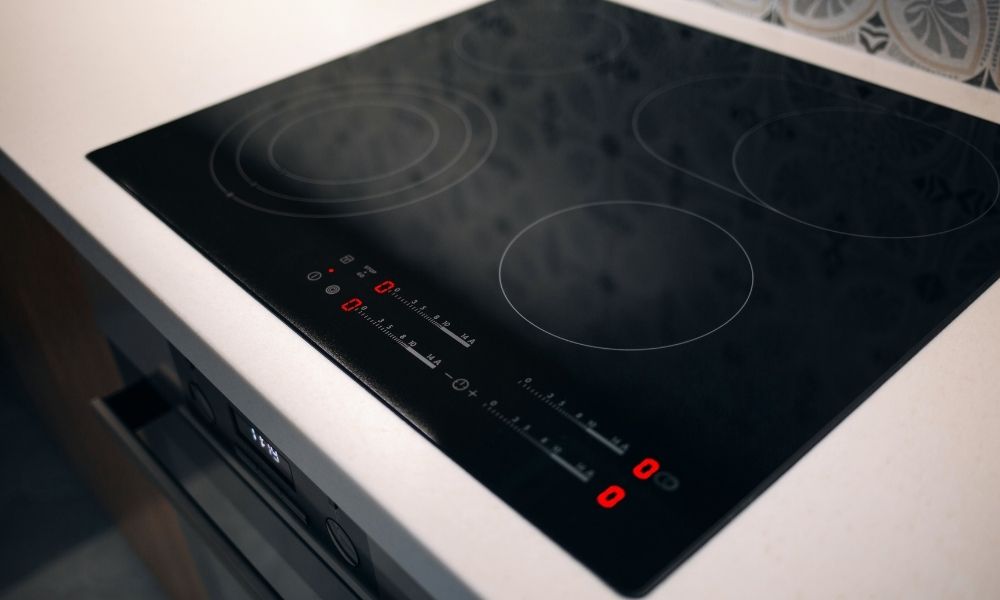Nothing is more luxurious than a custom home. Whether you’re building one from the ground up or remodeling your current home into an oasis, you know how satisfying making a place your own can be. Part of putting your mark on a house is choosing the appliances. You want the best appliances for your space and your lifestyle, especially in your kitchen, and that often means making some tough choices. Keep reading to learn how to choose between a gas and electric stove so that at least one choice in your build or remodel is easier.
Pros and Cons of Gas Stoves
Gas can be the best choice for your home for several reasons. It offers better temperature control, which means it heats up and cools down more quickly, and you can change the temperature more easily. If you need precise temperature control for your cooking, then a gas stove is ideal. It’s also cheaper to operate and maintain, since natural gas is often more affordable than electricity. And if you live in an area with extreme weather, you can still use a gas stove during power outages.
However, gas stoves have higher initial costs than electric stoves, and they can be dangerous. Putting in a gas line to accommodate your stove creates an extra upfront cost that you won’t face with electric. The gas line and the use of open flame are also more dangerous, since a gas leak can cause health problems such as carbon monoxide poisoning and an open flame could cause serious burns.
Pros and Cons of Electric Stoves
The main differences between gas and electric stoves are their power sources, with electric stoves being the cheaper option to install. Using electricity is also more energy-efficient, since over 70 percent of the energy that an electric stove produces is transferred into what you’re cooking. Electric stoves are safer, since they don’t require gas or use an open flame—although like all cooking surfaces, there’s always a risk of burn. The smooth glass and ceramic cooktop versions of electric stoves are also some of the easiest cooking surfaces to clean.
However, electric stoves take much longer to heat up and cool down, and you can’t use them for toasting or charring, since they don’t have an open flame. Due to their dependency on electricity, you can’t use them during power outages, and they’re more expensive to maintain.
Choosing Between Them
Your choice between gas and electric will depend on which pros you consider most important and which cons will have the least negative effects for you. For people who care most about temperature control and who have the proper safety precautions, such as carbon monoxide alarms, then gas is the clear winner. If you want to completely skip the risk of an open flame and use something that’s easy to clean, then electric wins.
You now know how to choose between a gas or electric stove based on your personal pros and cons. Whatever you decide, this appliance will make your kitchen the heart of your home and help you achieve the luxurious customization you want through to get from the building or remodeling process.







